In September (16-20) this year, Fair & Sustainable Ethiopia, in collaboration with AgriProFocus Ethiopia, organized a four and half day training on Gender in agricultural value chains for participants from prominent development organizations, at Magnolia hotel in Addis Ababa.
The training, which targets agribusiness and agricultural development professionals and practitioners in Ethiopia, was attended by 12 participants (10 women and 2 men) representing organizations such as CARE Ethiopia, Banyan Global (USAID Feed the Future project), Save the Children, Feed the Hungry (FH) Ethiopia, Pharo Foundation, and CEFA (European Committee for Training and Agriculture).
A number of tools and techniques that help in introducing and linking the gender perspective to agricultural value chain development efforts, were implemented in the training. These tools and techniques are based on the Gender in Value Chains Toolkit, which contains practical tips and ready-to-use tools to intervene at all stages of the agricultural value chain, jointly produced/published by Fair & Sustainable Consulting, affiliate of Fair & Sustainable Ethiopia in the Netherlands, and AgriProFocus, the International Multi-stakeholder Network in the AgroFood Sector.
Field activity was also part of the training, in which participants were travelled to Bishoftu to practice household profiling and gender scans of service providers. With regard to household profiling, the dairy value chain was selected, and participants were able to meet four women dairy farmers and to assess gender perspectives. In addition, participants practiced a gender scan at the Alema Farms PLC.
Gender dynamics at the level of farming households, approaches to promote gender awareness in farmer organizations and service providers, and the business arguments for gender-sensitive approaches were the specific topics addressed during the training. Furthermore, at the end of the training, participants are able to use concepts of gender equality, equity, and Women’s Economic Empowerment, to analyze a value chain from a gender perspective, to identify gender-based constraints hindering the performance of the value chain, to formulate the business arguments for a gender-sensitive business strategy, as well as to develop gender-responsive interventions benefiting both women and companies.
The week-long training was led by Angelica Senders, Senior Consultant in gender in value chains at Fair & Sustainable Consulting in the Netherlands, and by the co-trainer Meskerem Ritmeester, Country Network Coordinator of AgriProFocus Ethiopia and certified gender in value chains trainer.
